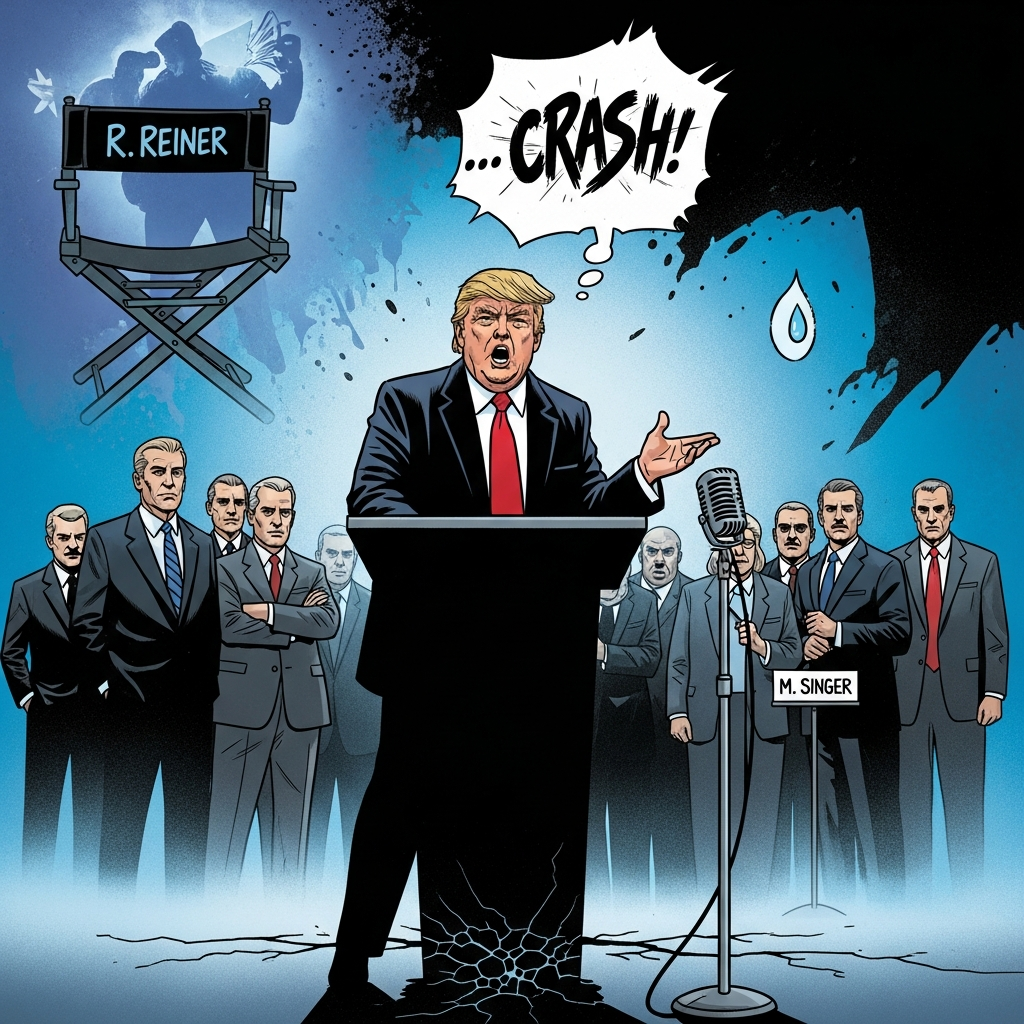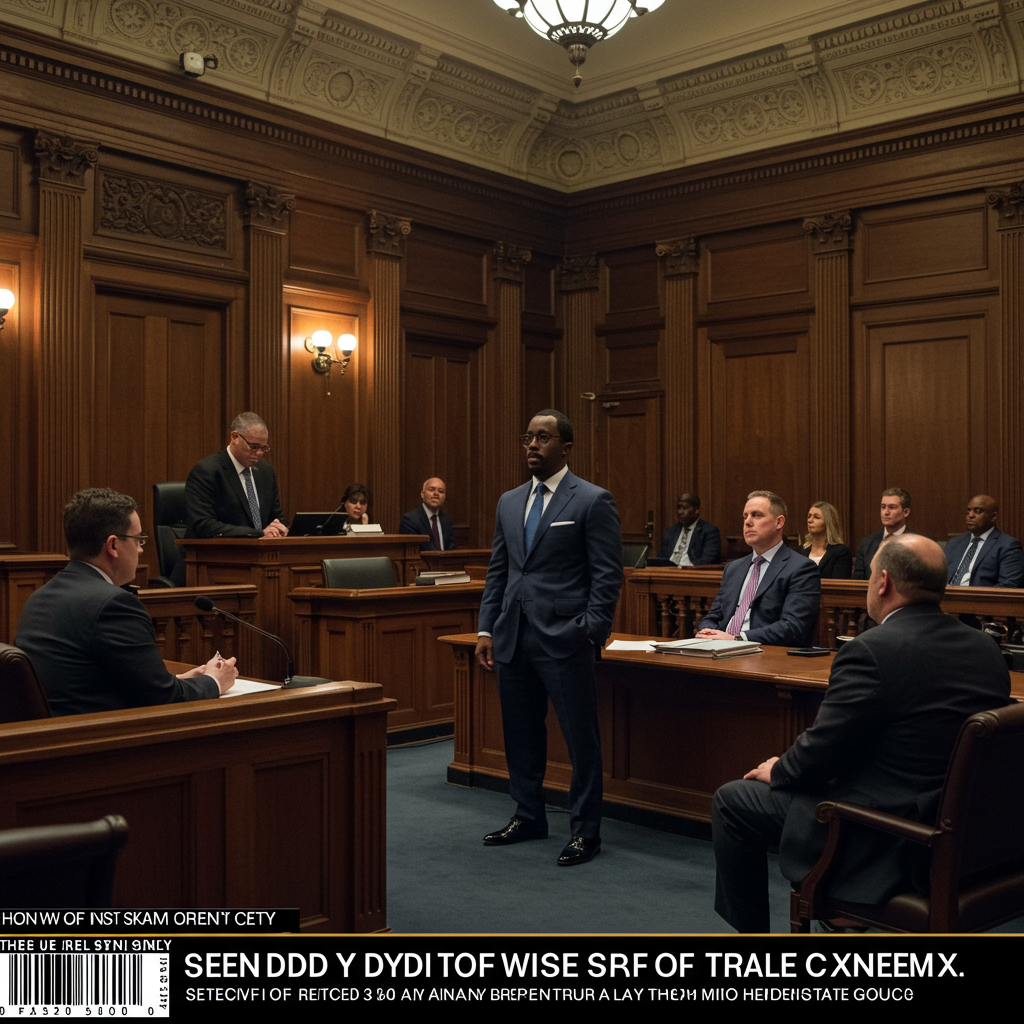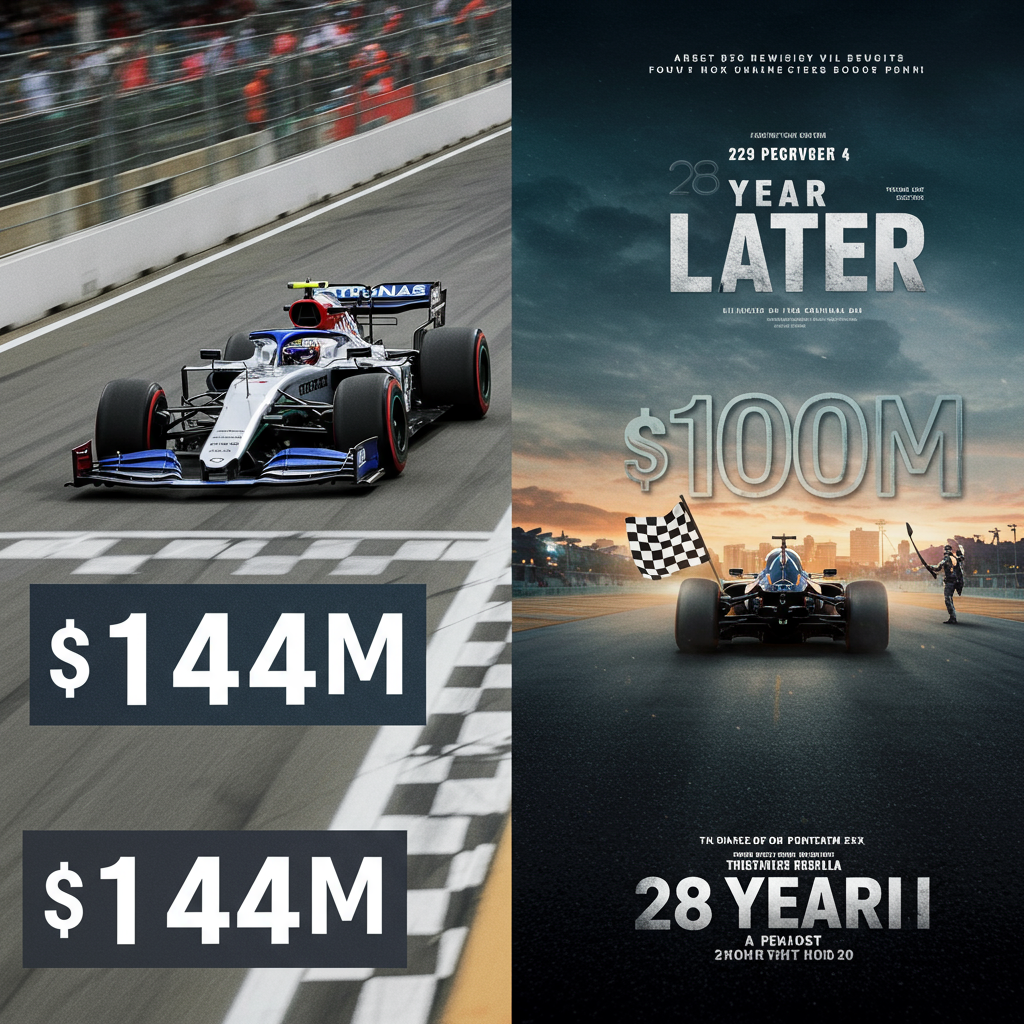philadelphia’s massive Wawa Welcome America Fourth of July concert on the Benjamin Franklin Parkway faced an unexpected shakeup. Hip-hop icon LL Cool J, originally slated to headline the patriotic celebration, abruptly announced he would not perform. His decision wasn’t due to illness or scheduling conflicts, but a powerful act of solidarity with striking city workers. The move sent ripples through the city, highlighting the ongoing labor dispute and its impact on major public events.
union Strike Grounds Celebrity Performances
The backdrop to LL Cool J’s withdrawal was a significant labor dispute gripping Philadelphia. Members of AFSCME District Council 33, the city’s largest union representing blue-collar workers, had gone on strike. This union comprises roughly 9,000 municipal employees. These dedicated workers perform vital services that keep the city running smoothly. Their roles include everything from collecting trash and maintaining streets to operating the Water Department and even handling calls for 911 dispatch.
The strike commenced on July 1st, 2025. This action came after contract negotiations between the union leadership and Mayor Cherelle Parker’s administration failed to produce a new agreement. At the heart of the dispute were demands for higher wages and better healthcare benefits for all union members. As the strike entered its fourth day, sanitation services were noticeably impacted, with trash beginning to accumulate in various neighborhoods across the city. The timing, just days before a major national holiday celebration, amplified the situation’s visibility.
LL Cool J Stands in Solidarity with Workers
LL Cool J made his decision public late Thursday night leading into the holiday weekend. He utilized his social media platforms to explain his reasoning directly to his fans and the public. In his post, the Grammy-winning artist was clear about his stance. He expressed deep reluctance to disappoint his fanbase, especially in a city like Philadelphia. However, he stated unequivocally that he could not bring himself to cross a picket line.
“I never ever ever want to disappoint my fans,” he wrote. “There is absolutely no way I can perform across a picket line.”
He further elaborated on the principle behind his decision. LL Cool J highlighted that he felt it was wrong to “perform, cross a picket line, and pick up money” knowing that local workers were “out there fighting for a living wage.” His message resonated widely, positioning him publicly in support of the striking municipal employees. He did express hope for a swift resolution between city leaders and the union. The rapper also indicated he would remain in Philadelphia over the holiday, suggesting that if a deal were reached, he might still be open to performing on the Benjamin Franklin Parkway as planned for the July 4th event.
Philly Native Jazmine Sullivan Also Withdraws
The impact of the strike on the concert lineup wasn’t limited to LL Cool J. Philly’s own Grammy-winning R&B star, Jazmine Sullivan, also announced her withdrawal from the event. Her decision came on Friday afternoon, just hours before she was scheduled to take the stage. Like LL Cool J, Sullivan used social media to communicate her choice and reasoning.
In her Instagram stories, Sullivan explicitly stated her solidarity with the striking workers. She chose “to not perform at the Wawa Welcome America concert and stand with Philly’s DC33.” Her message emphasized the importance of morals and standards. Sullivan affirmed that she would stand with the union “until the city and union find a way to bring fair living wages to our working class.” As a native Philadelphian, her support carried particular weight within the community, underscoring the local impact of the labor dispute. She expressed her love for Philadelphia and hoped for a future opportunity to celebrate with the city under better circumstances.
Official Reactions and Union Praise
The high-profile cancellations drew responses from both union leadership and city officials. Greg Boulware, President of AFSCME District Council 33, publicly lauded the decisions made by both artists. He issued statements praising their support for the labor movement and striking workers.
Boulware described LL Cool J’s decision as a “powerful testament” to his deep respect for workers’ rights. He highlighted how the rapper prioritized the “dignity and respect of laborers” over potential fan disappointment. This action, Boulware noted, sent a strong message about unity and collective action in the fight for fair treatment. He called LL Cool J’s stance “exemplary” and thanked him for raising awareness for working people, even referring to him as “the G.O.A.T.” Following Jazmine Sullivan’s announcement, Boulware was “profoundly humbled.” He found it “truly refreshing” that a celebrity of her stature, and a Philadelphia native no less, recognized the dedication of municipal workers.
Philadelphia Mayor Cherelle Parker also acknowledged the artists’ withdrawals. She issued statements respecting their decisions. Regarding LL Cool J, Mayor Parker stated on Thursday night that she had spoken with him personally. She reiterated her respect for his choice and understanding of his desire to see the city unified. Mayor Parker added that LL Cool J is “always welcome in Philadelphia.” On Friday, she released a similar statement concerning Jazmine Sullivan. She respected Sullivan’s decision and her hope for unity, referencing the city’s mission of “One Philly, a United City,” and assuring Sullivan of the city’s affection.
Despite the significant cancellations, the Wawa Welcome America organizers released a statement confirming the concert and fireworks would proceed as planned. They directed the public to social media for updates and listed the other artists still scheduled to perform.
Concert Proceeds Despite Headliner Changes
While the loss of LL Cool J and Jazmine Sullivan was a major development, the Wawa Welcome America July 4th celebration on the Benjamin Franklin Parkway did indeed continue. The gates opened as scheduled, welcoming attendees for the planned concert and subsequent fireworks display. The lineup featured other talented artists who still took the stage. Performers included Puerto Rican singer and songwriter Álvaro Díaz, Grammy-nominated pop and R&B artist JoJo, as well as Mr. HOLLYWOOD DJ and DJ Ghost & Friends. The evening culminated with the traditional fireworks launched over the Philadelphia Museum of Art after dark, around 9:30 p.m.
Meanwhile, the underlying labor dispute between AFSCME DC 33 and the city government remained unresolved. Reports indicated that negotiations between the union and the city administration had stalled. Talks that began on Wednesday reportedly concluded overnight into Thursday without a deal. As of Thursday night, there was no clear indication of when formal discussions might resume, leaving the strike ongoing through the holiday. While the city had obtained court orders forcing some union members back to work, the broader strike impacting numerous services continued.
The Significance of Celebrity Solidarity
The decisions by LL Cool J and Jazmine Sullivan to withdraw from a high-profile public event in support of a labor strike highlight the growing intersection of celebrity influence and social issues. Their actions brought significant public attention to the municipal workers’ demands for fair wages. By refusing to cross a symbolic picket line, they underscored the importance of labor solidarity and collective action.
This situation demonstrates the complex challenges faced by cities during labor disputes. Such strikes can impact essential services and disrupt major public events, forcing difficult choices upon performers, organizers, and attendees alike. The artists’ stance serves as a powerful example of using one’s platform to advocate for workers’ rights, generating discussion and potentially increasing public pressure on both parties involved in the negotiations. It’s a reminder that even major entertainment events can be intertwined with fundamental issues of labor, fairness, and community support.
Frequently Asked Questions
Why did LL Cool J cancel his Philadelphia July 4th concert performance?
LL Cool J announced he would not perform at the Wawa Welcome America concert on July 4th because he supported the striking AFSCME District Council 33 union workers in Philadelphia. He explicitly stated he did not want to cross the union’s picket line as the workers were fighting for better wages and working conditions. His decision was an act of solidarity with the labor movement.
Who else dropped out of the Wawa Welcome America concert besides LL Cool J?
In addition to LL Cool J, Philadelphia native R&B singer Jazmine Sullivan also withdrew from the Wawa Welcome America July 4th concert lineup. She announced her decision on Friday afternoon, stating she would stand with the striking DC 33 union members until the city and the union reached an agreement for fair living wages for working-class individuals.
Did the Philadelphia July 4th concert on the Parkway still happen despite the cancellations?
Yes, the Wawa Welcome America July 4th concert on the Benjamin Franklin Parkway still took place as scheduled despite the withdrawals of LL Cool J and Jazmine Sullivan. The event featured performances by other artists, including Álvaro Díaz and JoJo, and concluded with the planned fireworks display over the Philadelphia Museum of Art in the evening.
Conclusion
The 2025 Wawa Welcome America Fourth of July concert in Philadelphia became a notable instance where entertainment intersected directly with labor issues. The withdrawals of headliners LL Cool J and Jazmine Sullivan in support of the striking AFSCME District Council 33 workers underscored the visibility and impact of the union’s fight for fair wages. While the major holiday celebration continued with other artists, the decisions by two prominent musicians served as a powerful statement of solidarity, drawing significant attention to the ongoing labor dispute and the challenges faced by the city’s municipal workers. The event highlighted how such community-wide issues can ripple through planned celebrations, prompting difficult but principled choices by those involved.



